#hopefully someone enjoys these rambles because i have 50 more pages from where this is from LMAO
Explore tagged Tumblr posts
Text
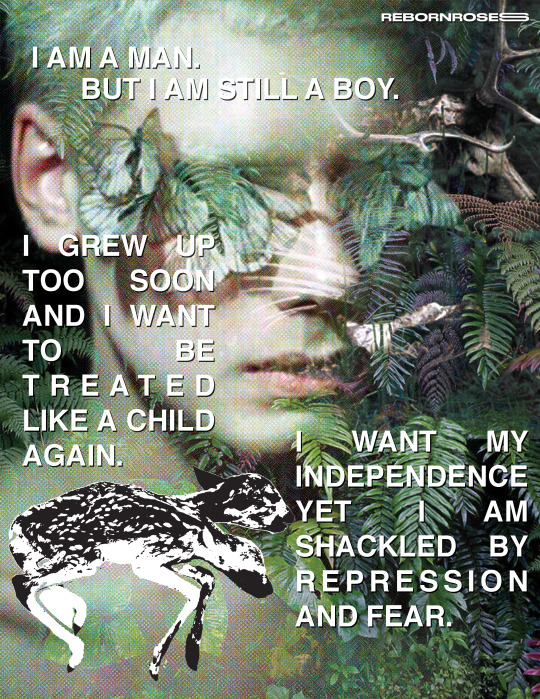
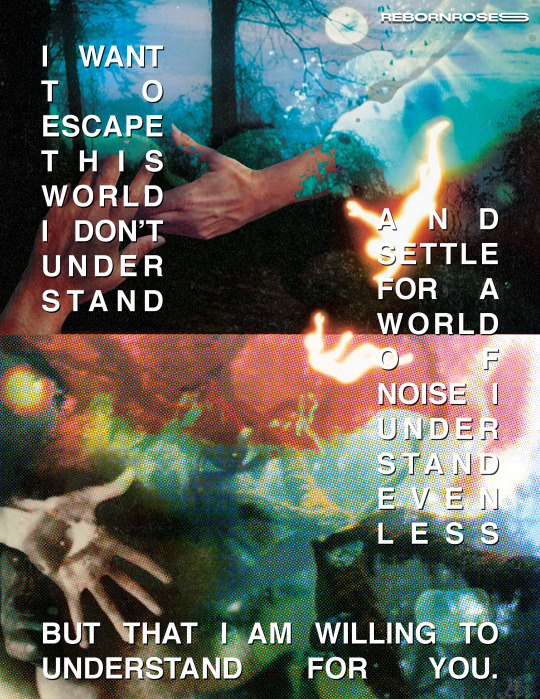
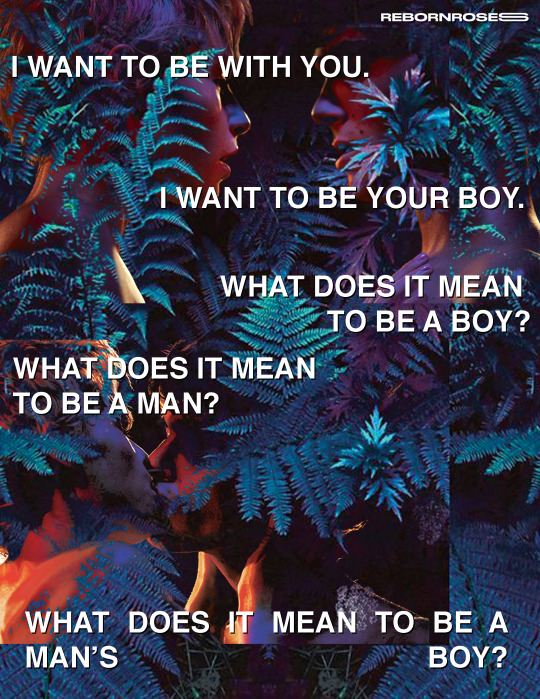
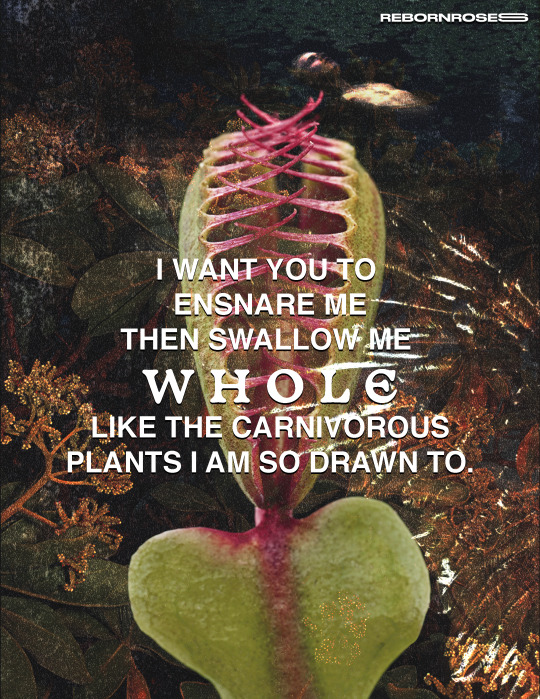
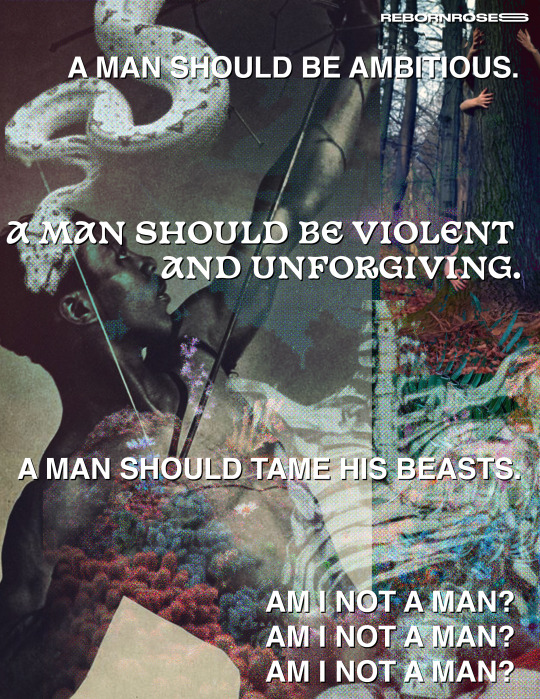

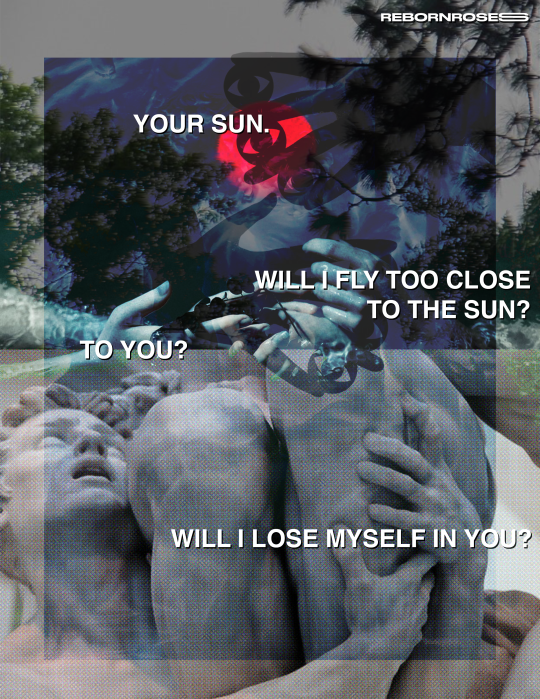
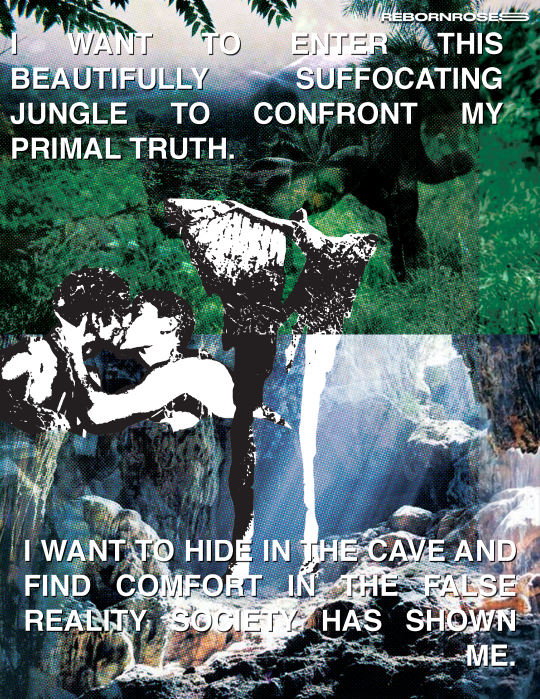
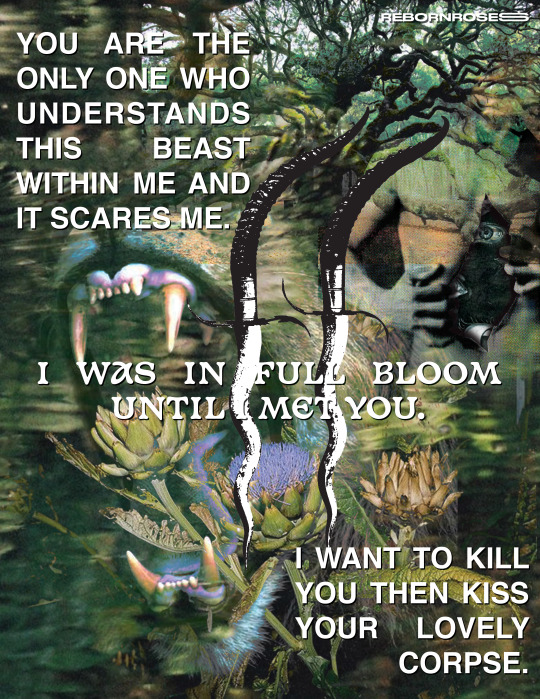
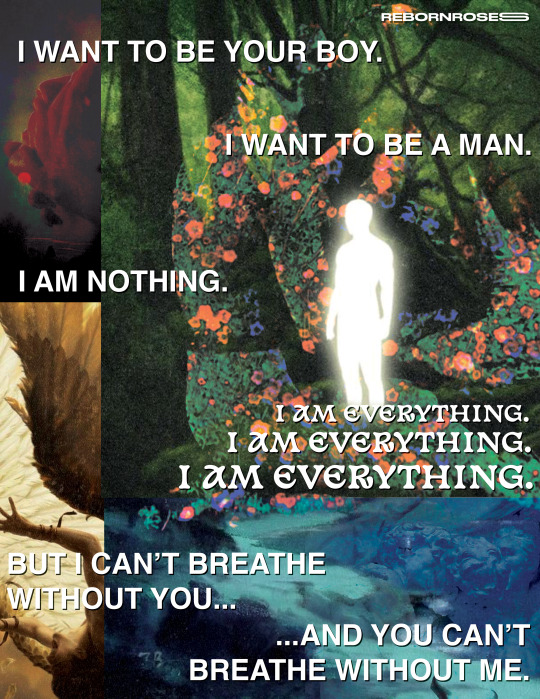
A WORLD OF NOISE: THE ZABAJABA JUNGLE
ZABA by Glass Animals is 10 YEARS OLD TODAY.
A poem/stream of consciousness I wrote about ZABA on a rainy September night in 2022, one month after seeing Glass Animals live. ZABA was the album by which I found Glass Animals in 2018, and its abstract yet visceral nature continues to fascinate me. The more I listened, the more I felt I could understand the imagery drawn across its 11 tracks.
Essentially, I believe ZABA can be understood as a Queer reading and apologue of Plato’s allegory of the cave. There are many lines that allude to a (Queer) awakening from perceived societal constraints such as in Walla Walla (“it’s a ruse, all these creatures are a lie” & “i clap my hand and they’re gone into the night”), likely referencing the shadows projected by the puppet showmen in Plato’s allegory. Thus, the anguish expressed in songs predating ZABA’s release such as in Golden Antlers and in Exxus are symptomatic of a speaker trapped in a cave, unable to escape a deeper feeling of unease because they are only seeing the reality projected to them by a cisheteronormative system. It is only when the speaker escapes this metaphorical cave in Flip, the opening track of ZABA, (“I’m gonna shake my fetters / I’m breaking loose”), that they finally enter the confusing, overwhelming, but beautiful and fluid “world of noise” mentioned in Pools (and sonically created in Intruxx). Over the course of ZABA, the speaker wrestles with their preconceived notions of reality (Walla Walla uses a ton of imagery from The Matrix), relationships, gender, and sexuality, while simultaneously feeling betrayed by their family and society (Hazey and Toes).
The B-Side of ZABA dips into existential dread, as the speaker mourns the time they lost to the incomplete reality they had accepted in the cave, and the effects it had on their mental health (Wyrd), climaxing in Cocoa Hooves, as the speaker (or someone else), confronts them(selves) and the changes they have undergone in the ZABAJABA jungle. The speaker must choose if they wish to stay in the confusing yet euphoric jungle, or self-destruct (“set [their] wings on fire”) and return to the cave after flying too close to the sun and after indulging too deeply in their primal instinct. However, just as the freed prisoner in Plato’s allegory, the speaker runs the risk of never being able to live in blissful ignorance again, as their eyes may never re-adjust to the incomplete, crafted reality of the cave.
The last track of the album, JDNT, presents a conclusion as ambiguous as the title Dave refuses to explain. It is possible the speaker is accepting their doomed fate as prophecized to them by the antagonist in Wyrd, or radically accepting their outcast status, enjoying the “life untamed.” And perhaps, in the end, they triumph over their internal turmoil by recognizing it only has power over them if they allow it to, as it cannot “breathe without [them].” And thus, they return to the Earth, unfettered and born anew.
#if you read all that thank you i would love to hear your thoughts#also some lines in the poem are straight up just lyrics but#i wonder if anyone can piece together which portions reference which specific song#i have literally been working on this since last year#i can’t believe the poem itself is finally seeing the light of day#hopefully someone enjoys these rambles because i have 50 more pages from where this is from LMAO#my masterdoc is crazy#anyways this is all just my interpretation mixed with projection but i am very proud regardless#i could ramble about this for hours#anyways i hope u guys enjoy :) i’m so happy i finally finished this#glass animals#zaba#collage#my art
71 notes
·
View notes